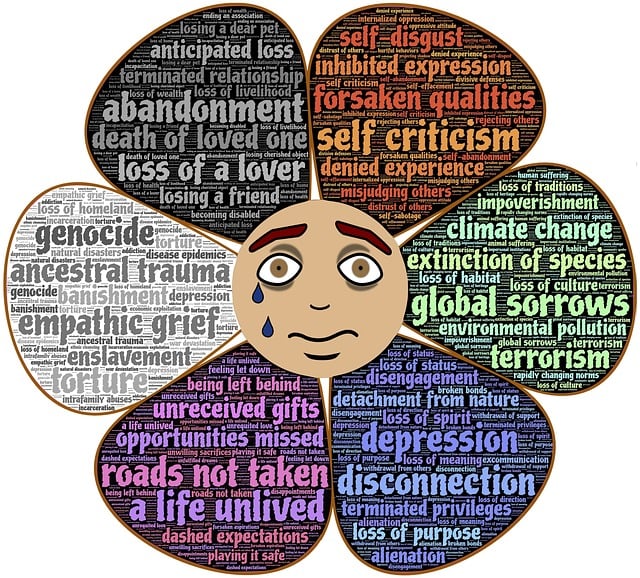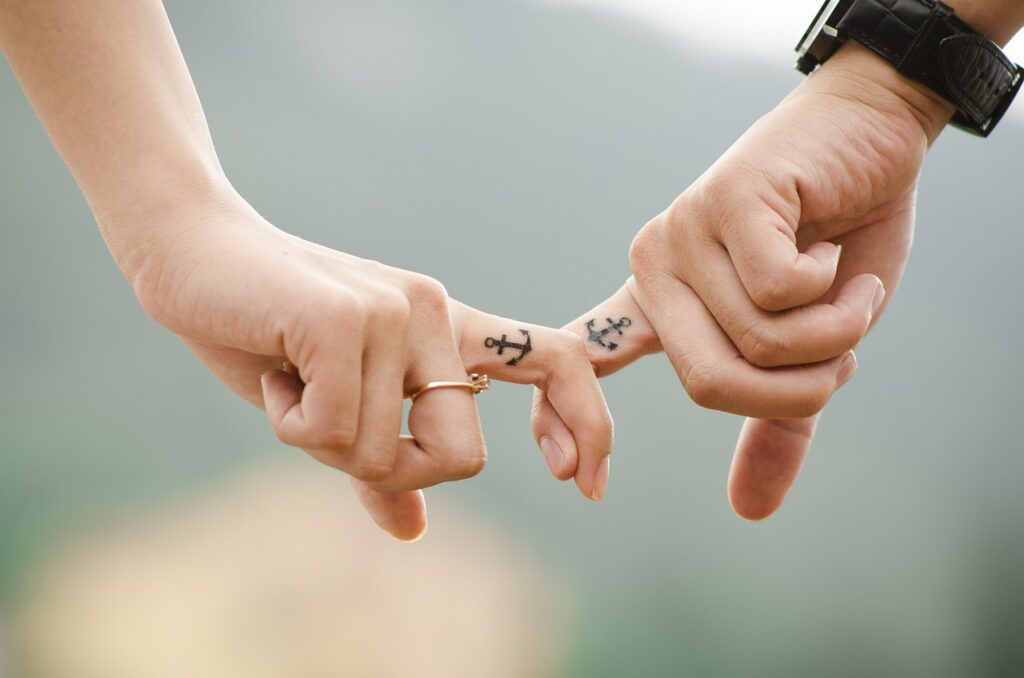Past Relationship Trauma and Casual Dating

Past trauma can significantly impact one’s ability to engage in and maintain healthy relationships. Traumatic experiences can create emotional wounds that affect how individuals perceive themselves, others, and relationships in general. Here are some ways past trauma can impact relationships:
1. Trust Issues: Trauma can erode trust, making it challenging to trust others in new relationships. This can lead to scepticism, fear of betrayal, and difficulty forming deep connections.
2. Communication Challenges: Individuals who have experienced trauma may struggle with effective communication, finding it hard to express their feelings and needs openly. This can create misunderstandings and hinder the development of intimacy.
3. Fear of Vulnerability: Trauma survivors often develop a fear of vulnerability, fearing that opening up emotionally may lead to further pain. This fear can inhibit the development of emotional intimacy in relationships.
4. Attachment Issues: Trauma can impact attachment styles, leading to either a fearful-avoidant or anxious-preoccupied attachment. This may result in difficulties in forming and maintaining secure, healthy attachments with partners.
5. Emotional Regulation: Past trauma can disrupt emotional regulation, leading to mood swings, heightened anxiety, or emotional shutdowns. This can strain the emotional dynamics within a relationship.
Relationship anxiety can stem from various sources, including past trauma, fear of rejection or abandonment, and attachment insecurities. Relationship anxiety may manifest as constant worry about the future of the relationship, fear of being alone, or an overwhelming need for reassurance.
Casual dating has its own set of challenges, and it may not be suitable for everyone, especially those with past trauma or relationship anxiety. Some potential downfalls of casual dating include:
1. Lack of Emotional Security: Casual dating often involves minimal commitment, leading to a lack of emotional security for individuals who thrive on stability and connection.
2. Unmet Emotional Needs: For those seeking emotional intimacy and connection, casual dating may leave them feeling unfulfilled and emotionally unsatisfied.
3. Ambiguity and Uncertainty: Casual dating can bring uncertainty about the future of the relationship, leading to anxiety and stress for individuals who prefer clear expectations and commitment.
4. Risk of Rejection: In casual dating scenarios, there’s a higher risk of rejection since both parties may not be on the same page regarding the nature and expectations of the relationship.
It’s essential for individuals dealing with past trauma, relationship anxiety, or seeking more meaningful connections to prioritize their mental health and communicate openly with partners. Seeking therapy can be a valuable step in addressing and overcoming these challenges.






Responses